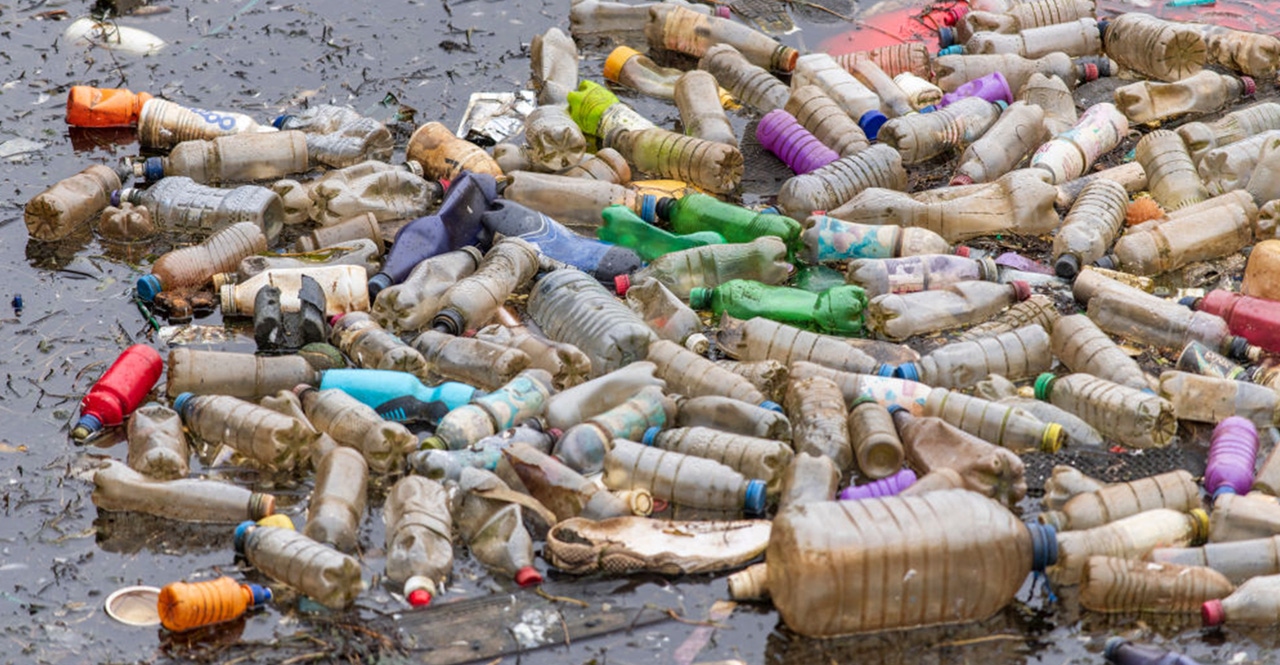Break Free from Plastic Movement Members Deliver Petition to the U.S. Department of State,
February 17, 2022

WASHINGTON – Today, environmental advocates with the #breakfreefromplastic movement met with a staff member from the U.S. Department of State to deliver 67,482 signatures calling for the United States to support a legally binding Global Plastics Treaty covering measures along the entire life cycle of plastic at the resumed fifth session of the United Nations Environment Assembly (UNEA-5.2) beginning next week.
Following the recent announcements from governments, including the United States, France, Canada, and South Korea, supporting a full life cycle approach to a plastics treaty, leading environmental and health advocates have celebrated the governments’ recognition that plastic pollutes at every stage of its life cycle, while continuing to push governments to commit to legally-binding provisions and obligations.
“We are encouraged by last week’s announcement that the United States will support a full life cycle approach to a plastic treaty, but this must be coupled with action both at and away from the negotiating table,” explained Jane Patton, Plastics & Petrochemicals Campaign Manager with Center for International Environmental Law (CIEL). “Today, we are joining thousands of individuals in calling on the Biden Administration to start negotiations on a plastics treaty that centers human rights, environmental justice, protecting the climate, and biodiversity. That commitment must start with laying the foundation for robust, meaningful treaty negotiations and continue in efforts to end the dramatic expansion of plastic production that is putting human rights, ecosystems, and our shared climate at risk in countries around the world.”
More than 350 million metric tons of plastic are produced each year, and the U.S. generates the most plastic waste per capita of any country. With this in mind, #breakfreefromplastic movement members and allies are demanding the U.S. government agree to a mandate coming out of UNEA-5.2 with specific legally-binding provisions and obligations covering the entire life cycle of plastics—from extraction, production, use, and disposal to remediation—in order to prevent and remediate pollution from plastic and its toxic impacts.
“We are urging President Biden to support a bold and binding treaty that addresses the entire life cycle of plastic,” said John Hocevar, Ocean Campaign Director with Greenpeace USA. “After being one of a handful of countries actively opposing a plastic treaty under the Trump administration, it is very encouraging to see this turnaround. Though it is worrying to see the U.S. mention the inclusion of non-binding commitments in the treaty mandate. Binding commitments are needed in order to ensure government and corporate accountability. We will be looking to the United States to set an example for other governments to follow at UNEA in securing a strong and binding global treaty on plastics to secure a liveable climate and the health of our communities and our environment."
Plastic pollution is an environmental justice issue, as it disproportionately harms communities of color, low-income communities and Indigenous communities at every stage of its life cycle by polluting the air, water, and soil. This toxic pollution occurs at fossil fuel extraction sites, petrochemical facilities, and other “upstream” sources, as well as at landfills, incinerators, and other “downstream” sources.
In addition to domestic concerns, the United States also contributes to the global plastic crisis by exporting approximately 225 shipping containers of plastic waste per day to countries with limited or nonexistent waste management systems, where plastic may be crudely processed in unsafe facilities and incinerated in open areas, creating additional pollution and health problems. The government has a responsibility to hold corporations accountable for this “waste colonialism” by establishing and enforcing legally-binding requirements for plastic producers, including a ban on plastic waste exports.
“The latest 2021 data shows that the United States is not taking responsibility for our own plastic waste, but is still flooding non-OECD countries with 361 million kg (68,000 shipping containers) per year,” explained Jan Dell, a chemical engineer and Founder of The Last Beach Cleanup.
“Instead of taking responsibility for its own waste, the United States has been exporting its plastic pollution first to Asia, then to Africa, and now all over Latin America,” added Lucia Fernandez, International Coordinator with the Global Alliance of Waste Pickers / Women in Informal Employment: Globalizing and Organizing (WIEGO) and a member of the Global Alliance for Incinerator Alternatives (GAIA). “We will be watching to see if the U.S. will follow through on its promises and finally stop its colonialist approach by committing to a strong, legally binding Plastics Treaty.”
You May Also Like


